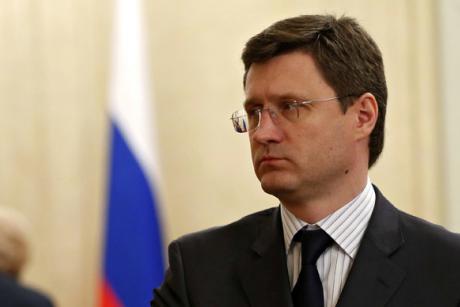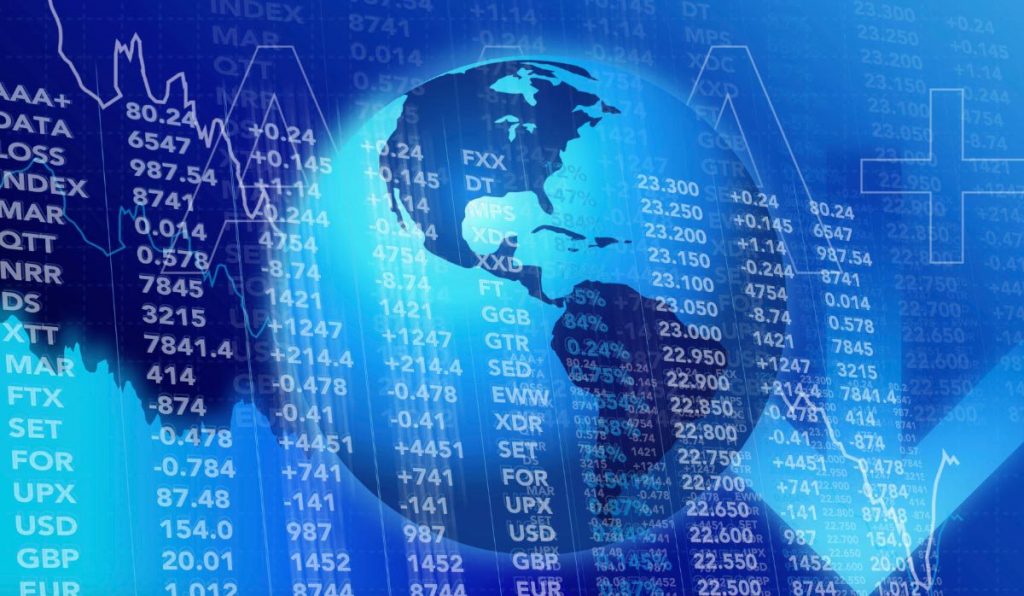
OpeOluwani Akintayo
27 May 2018, Sweetcrude, Lagos — Russia’s energy minister, Alexander Novak, has said the Organisation of the Petroleum Exporting Countries, OPEC, will resume output increase in the third quarter of this year.
Novak made the disclosure at the St. Petersburg International Economic Forum in Russia, according to a report by Bloomberg.
According to him, output increase would start in the third quarter, if it’s approved by other members of the group.
OPEC, Russia and other major producers will meet in June.
Agreeing with Novak, Saudi Energy Minister Khalid Al-Falih, said there are possibilities OPEC and its partners will gradually revive oil output in the second half of the year to ease consumer anxiety.
Oil prices now trade near $80 a barrel after OPEC and its partners in a Declaration of Cooperation, DoC in January last year, decided to cut crude oil production output by 1.8 million barrels per day.
The agreement has since been extended twice.
Increase in oil price now puts strain on the global economy and draws political heat from major consumers, notably the U.S.
“I think in the near future there will be time to release supply” smoothly to avoid shocking the market, Al-Falih said at the St.
Petersburg International Economic Forum in Russia. When OPEC, Russia and other major producers meet in June “we will do what is necessary” to reassure consumers, the minister said.
Oil fell sharply following the comments, with Brent crude losing as much as 2.5 percent to $76.84 a barrel as of 12:02 p.m. in London. The international benchmark is still up 15 percent this year.
OPEC, especially Saudi Arabia and its partners have been cutting more than intended under the agreement partly because of unplanned losses in countries including Venezuela and Angola.
If output is increased, would add just 300,000 barrels a day to the market, while an equal increase by Russia would add more 700,000 to 800,000 barrels a day, according to Bloomberg estimation.
Excess cuts amounted to about 740,000 barrels a day in April, according to estimates from the International Energy Agency.
Whether the size of the supply increase is ultimately “a million, more, or less, we’ll have to wait until June,” when OPEC and its partners will meet, Al-Falih said.
Novak echoed that, saying “it’s too early now to talk about some specific figure, we need to calculate it thoroughly.”
In the past, oil prices close to or above $100 a barrel have brought significant political pressure from consumer countries.
U.S. President Donald Trump directed his ire against OPEC last month, saying in a tweet that “oil prices are artificially Very High! No good and will not be accepted!”
Last week, the International Energy Agency, IEA, echoed its concern as high prices are beginning to affect demand.



